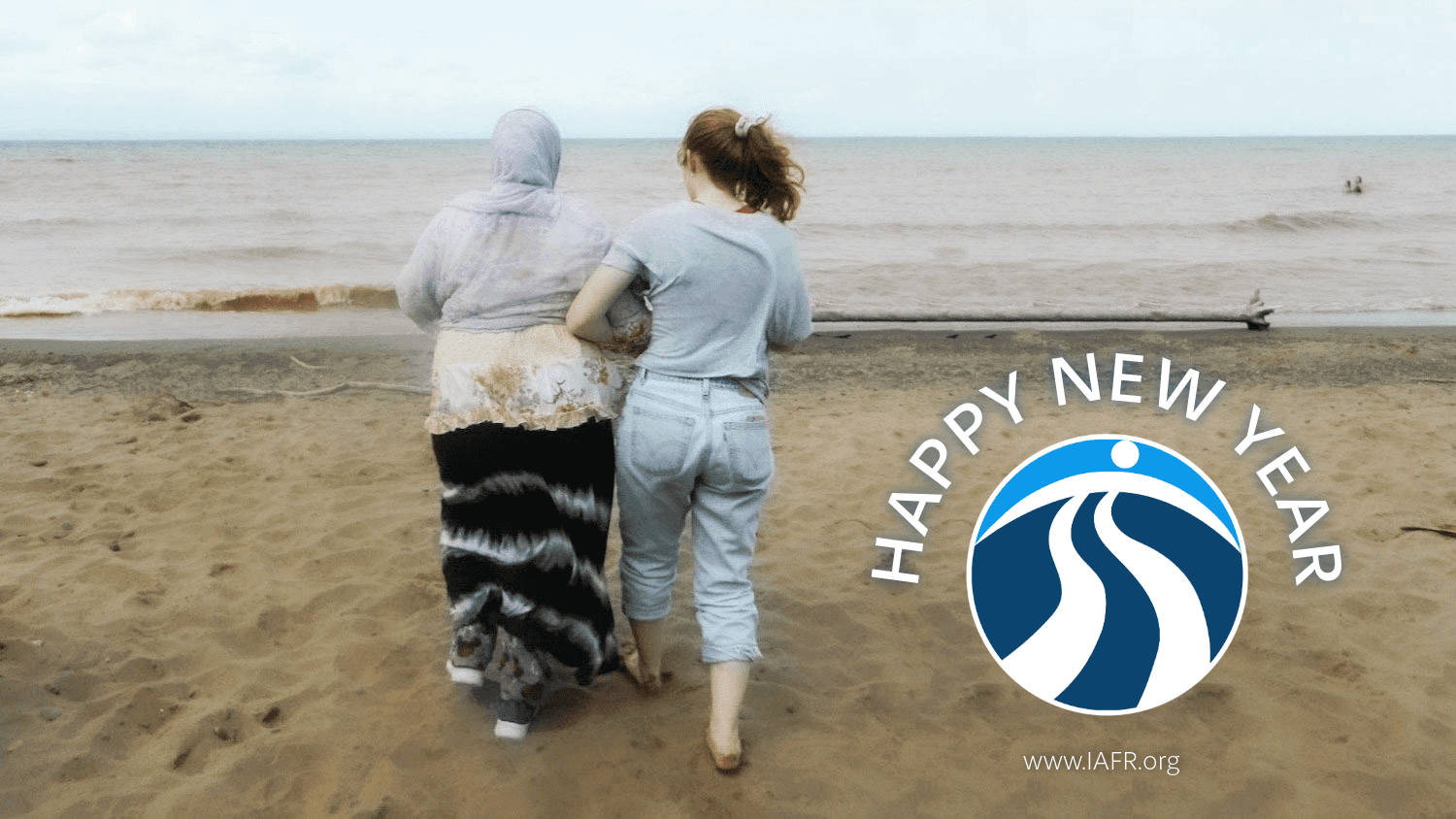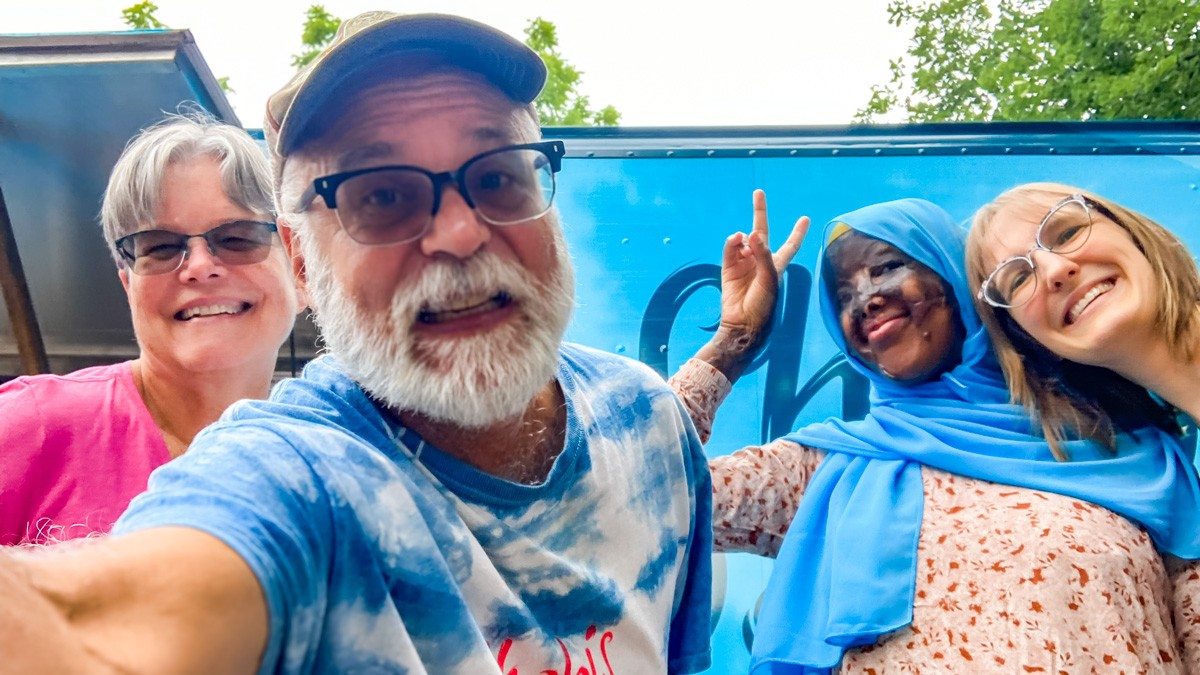Time to become Curious
Jan 25, 2024
- Shanna Doughty with Rachael Lofgren

"So not all women who wear a hajib are from Somalia?" a training participant asked. He sounded surprised. I was giving one of IAFR's cross-cultural communications trainings to community service providers in Fort Morgan, Colorado, where I live and work with immigrants and refugees.
Foreign-born
Our hour-and-a-half training provided new information for many of our local participants. "I had no idea we had such a large number and variety of cultures common to this area," one person commented. "Like, 19% of our population is foreign-born, and over half the population in Fort Morgan is non-white?"
"I know," I affirmed. "We have over 26 languages spoken in our small town of 12,000 people! That's a lot of diversity. And with that diversity comes a lot of cultural difference."
The greatest need is not access.
We talked about cultural intelligence and flexibility. "There's going to naturally be tension when you cross cultures. There's going to be frustration at times. It doesn't mean you're failing. It just means it's time to get curious about the other person's thoughts and what is happening as you interact. Our ability to identify our own culture and our perception of other cultures is the first major step toward understanding our neighbors and building bridges toward adapting when possible."
In a town without a single resettlement agency, we talked about making our services and community more accessible for our hard-working immigrant and refugee neighbors. Especially those who did not speak fluent English.
"When exploring other cultures, it is best to spend time with someone from that culture, observing and listening to them. If they give you permission, ask about the values beneath your observations." I encouraged. "When we did a survey to identify the gaps in our community, I was interested to note that the greatest need identified by service providers was access to interpretation, but the greatest need identified by clients who speak a primary language other than English was being treated with kindness and respect."
Engaging with Curiosity
As we discussed ways to fill the gap, I was pleased to see people engaging with curiosity. "The fact that many of these folks are from an oral cultural tradition interests me," one man commented. "I always thought translating documents on common processes was enough. But explaining these processes in different languages in a video or something we can reuse seems easy enough."
In their feedback later, another participant shared, "I appreciate that you are bringing us practical and doable ideas for developing a better ecosystem for entrepreneurs and immigrants/refugees."
Small Steps in a Small Town
As I work with my community and team in our small town down a side road at the end of the refugee highway, I rejoice at each small step toward communal flourishing. In the long, slow work of building trust, I have learned so much from each of them, and I'm honored and humbled to participate in creating a place together.
LEARN MORE about our work in Colorado!
Other Featured Posts

Reciprocity: experiencing God's blessings together
Feb 19, 2026

An empty seat
Feb 4, 2026

Statement Concerning ICE in Minnesota
Jan 23, 2026

Harvest Season at Hope Community
Jan 15, 2026

Happy New Year!
Dec 31, 2025

Merry Christmas from IAFR
Dec 23, 2025

Love Made Me Forget My Scars
Dec 17, 2025

Hope Has a Name
Dec 10, 2025

